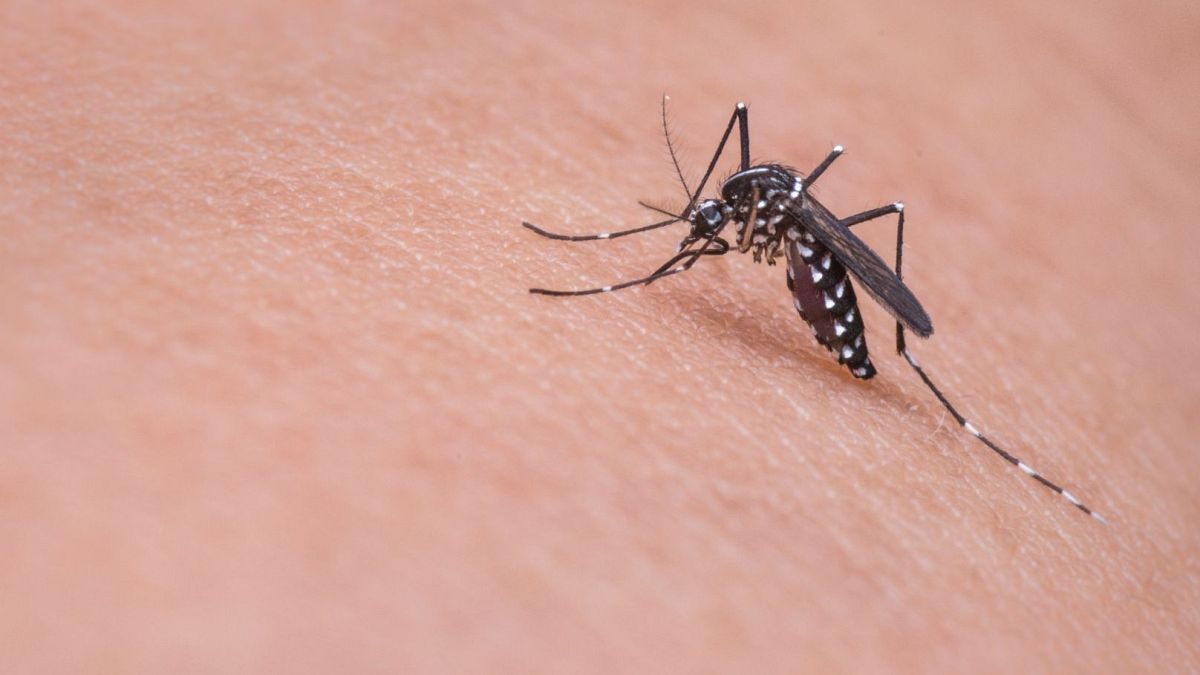

As Europe navigates a dynamic landscape of challenges, two pressing issues emerge at the forefront—an unprecedented increase in mosquito-borne diseases and a significant rise in shoplifting. Both scenarios present unique complexities, requiring thoughtful approaches to ensure community well-being and economic stability.
Across the continent, climate researchers are voicing their concerns over the growing presence of mosquito-borne illnesses, traditionally confined to tropical regions. Diseases such as dengue fever and chikungunya, carried by mosquitoes, pose new health risks as warmer temperatures and other environmental changes create favorable conditions for their spread. This development calls for enhanced vigilance and strategic public health interventions to minimize potential impacts on communities.
European nations are thus encouraged to bolster efforts in understanding and controlling mosquito populations. Initiatives may include implementing advanced monitoring systems and promoting community awareness programs to educate the public about preventive measures. Furthermore, researchers are emphasizing the importance of innovative solutions, such as biological control methods, to maintain ecological balance while effectively managing mosquito populations.
Parallel to the health challenges, European retailers, particularly in Germany, are grappling with a different kind of crisis—a record surge in shoplifting. The German retail sector faced losses nearing €3 billion in 2024, a significant figure that underscores the pervasive nature of this issue. Investigations suggest a notable portion of this surge is driven by organized criminal networks, exacerbating the loss and prompting a reevaluation of current loss prevention strategies.
To address the burgeoning issue of retail theft, stakeholders are advocating for a multi-faceted approach. This includes strengthening collaborations between law enforcement agencies and retail businesses to enhance surveillance and response capabilities. Moreover, investing in cutting-edge security technology and fostering community engagement may contribute to deterrent efforts against shoplifting activities.
The financial implications of heightened retail theft are profound, affecting not only the private sector but also public finances, as relates to tax revenue shortfalls. Hence, there is a shared responsibility among governments and industry leaders to implement comprehensive measures that protect economic interests while safeguarding public resources.
In navigating these complexities, Europe’s journey is one of adaptation and resilience. From embracing technological advancements in health surveillance to fortifying commercial security protocols, the continent continues to demonstrate a capacity for innovation. By promoting collective action and informed decision-making, communities can thrive amidst these challenges, ensuring a harmonious balance of health, safety, and prosperity.
Source: {link}
